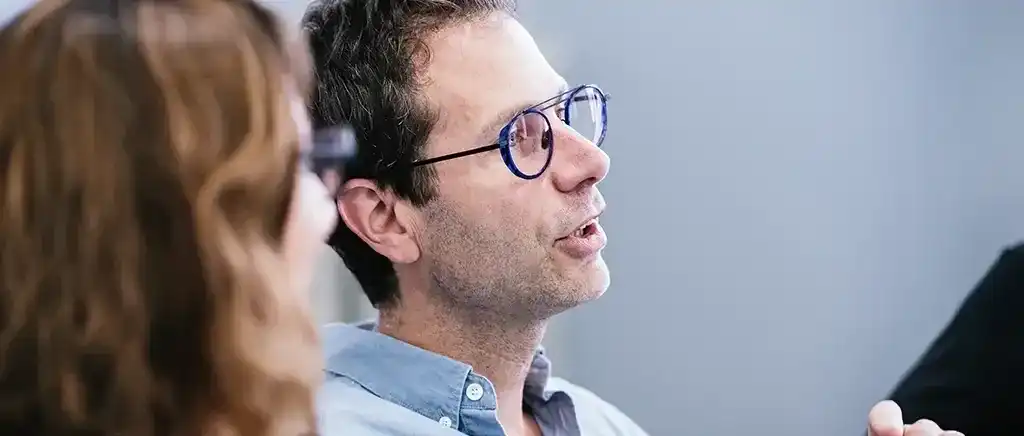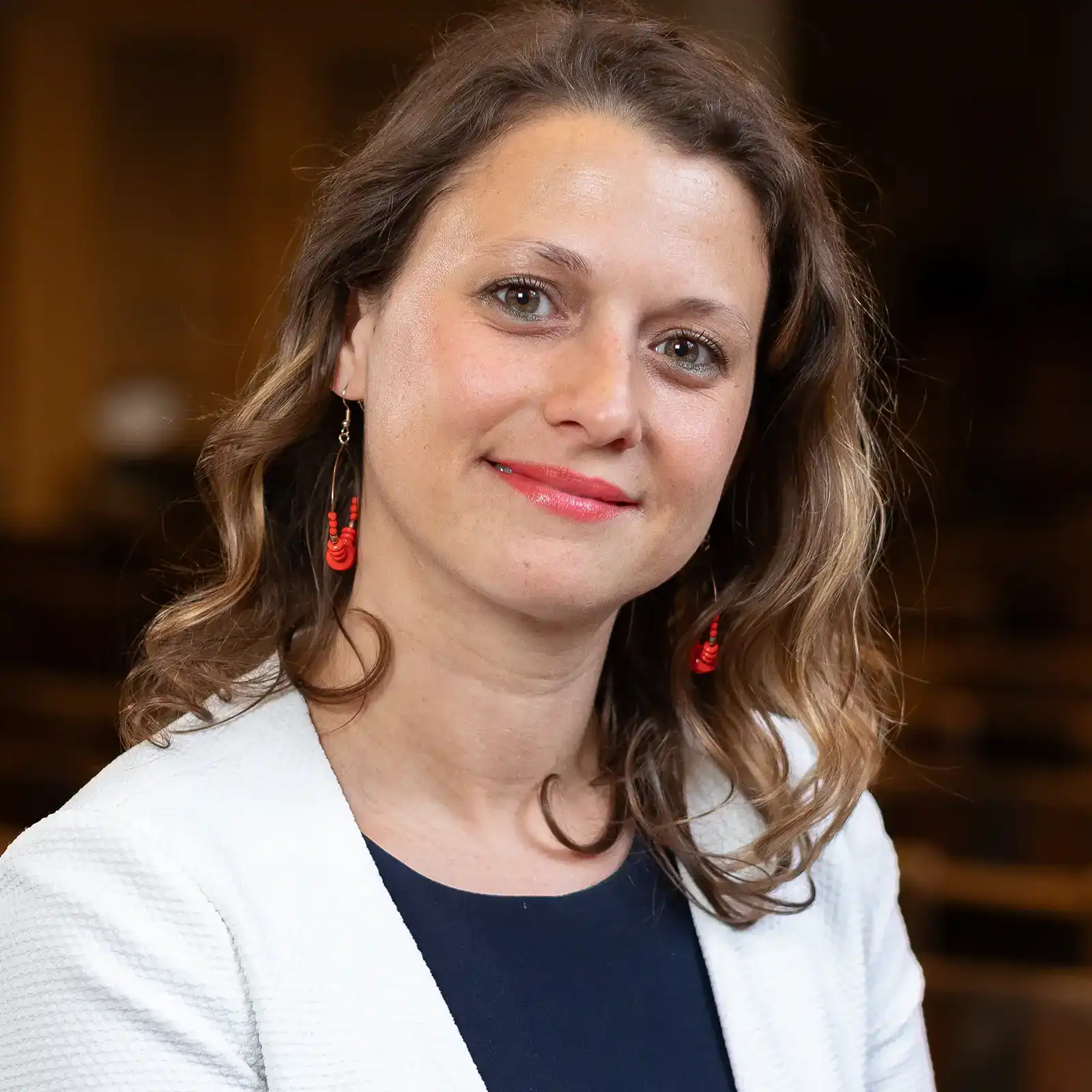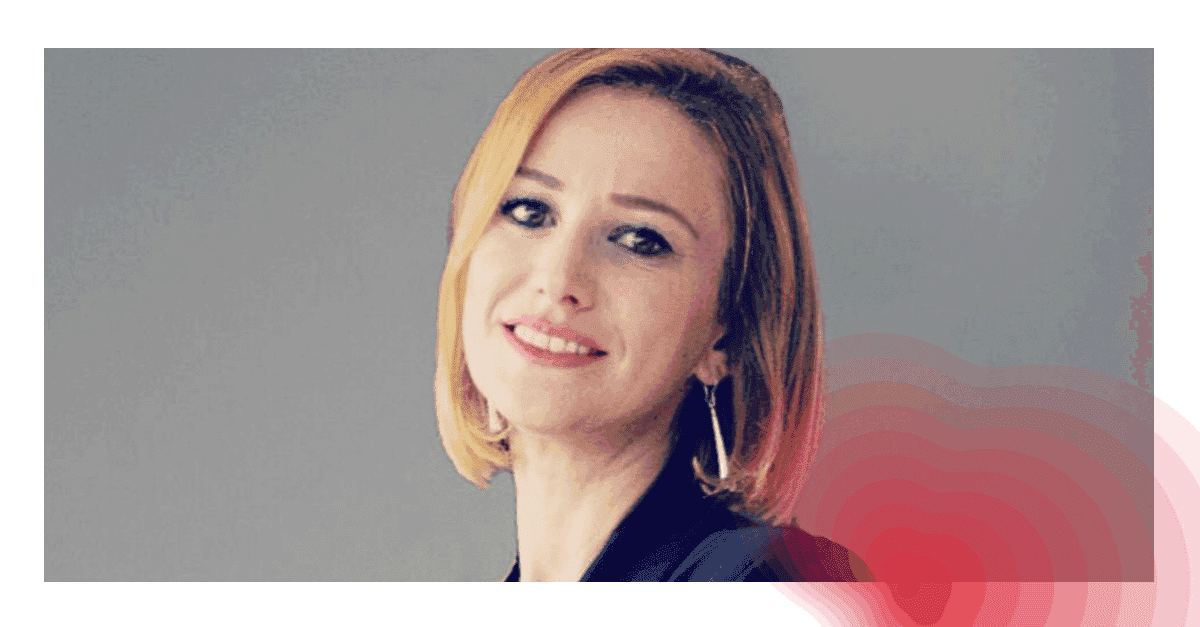
Home>Programmes for individuals>Certificate Programmes>Certificate International Relations and diplomacy
Certificate International Relations and diplomacy
The world is becoming less predictable and more volatile, thrusting defence issues and international relations into the spotlight. These areas now require astute and relevant responses, with diplomacy playing a crucial role in addressing these challenges. Pursuing this certificate means exploring the major issues in international relations and the new geostrategic challenges of the contemporary world, while engaging with leading speakers, all of whom are experts in defence, political science, and public policy.
Overview
Intended Participants
This Certificate is intended for professionals in the public, private, or NGO sectors aiming to proceed to senior positions. Each cohort is assembled of diplomats, executives in the public and private sectors, directors of international companies, and representatives of civil society organisations (including NGOs) and international institutions.
Objectives
- Provide participants with the largest overview of the international relations and diplomacy practices and examples of international policy-making organizations and processes.
- Provide specific knowledge about international systems, to grasp ideas and elements that could be discussed in a benchmark approach.
- Offer presentations, and group work on specific case studies and will present recommendations and inside information from officials within the institutions.
- Provide a forum for ideas, the exchange of good practices, and networking.
- Build up and strengthen their leadership, and managerial skills as Executives/C-level
- Develop strategy and leadership on geopolitical governance.
Programme
Understanding International Institutions :
- Key organisations (UN, WTO, etc.) and regional bodies (EU, AU), their roles in global governance (peacekeeping, human rights, standards) and the evolving landscape with new actors and challenges
Policy Analysis for a Globalised World :
- Global policies: identifing key players, stakeholder interests & impacts.
- Frameworks for a multi-angled (economic/political/social) approach to complex international issues
Building a Feminist International System through Multilateralism :
- Examine the principles of feminist international relations, including gender equality, peacebuilding, and social justice
International Public Policy Making :
- The roles of governments, organisations, NGOs, and civil society in shaping policies on climate change, health, and human rights
Economic Diplomacy in the Global Marketplace :
- Trade negotiations, investment promotion, and fostering international economic partnerships
- The role of international trade agreements and institutions in shaping the global economic landscape
Science Diplomacy: Leveraging Collaboration for Global Solutions :
- Scientific exchange, joint research projects, and technology transfer
- Science diplomacy in promoting peace, security, and sustainable development
Navigating the Global Economic System :
- Institutions governing international trade and finance.
- The impact of World Trade Organization (WTO), International Monetary Fund (IMF), and global financial markets on global economic governance
Building Bridges: The Power of Cultural Diplomacy :
- Cultural exchange and strategies for promoting cultural dialogue, educational exchanges, and artistic collaborations
- The role of cultural diplomacy in building bridges between countries and communities
Crisis Management and Anti-corruption Strategies :
- Address crisis situations, from natural disasters to political conflicts
- Strategies for international cooperation in crisis management, peacekeeping operations, and humanitarian assistance
- Good governance and anti-corruption
The Politics of Global Food Security :
- Food production, distribution, access, and potential solutions for overcoming hunger and malnutrition
- The role of international cooperation, trade policies, and sustainable food systems in addressing global food security
Reframing the North-South Dialogue for Sustainability :
- Relationship between developed and developing countries in the context of environmental challenges
- Solutions for achieving sustainable development globally
Facilitating the Transition to a Sustainable Future :
- Navigating towards a more sustainable future, addressing climate change and its associated environmental issues
Global health policies
Public policy in education
E-diplomacy
Diplomatic Practices across the world
Teaching Staff
Practical Information
- Duration: A bespoke accredited certificate over a minimum of 10 days (8 hours/day).
- Format : In-person.
- Campus : Sciences Po Executive Education, Paris.
- Our courses can be adapted to accommodate various accessibility requirements. Please do not hesitate to contact us to discuss any necessary adjustments.
Pedagogical Approach
The programme is a blend of presentations, discussions and group work on specific case-studies. It also provides a forum for ideas, exchange of good practices and networking.
Certification
The attendees will be divided into groups and will have to present a “Policy recommendation” assessed by Sciences Po.
A mentor will be dedicated to the groups.
This course leads to an Executive Certificate awarded by Sciences Po Executive Education.
Admissions Process
We are looking for participants who meet the following prerequisites:
- Have completed at least a bachelor.
- Have at least 5 years of professional experience
- Proficiency in English
We encourage applications from all individuals who meet the necessary qualifications, and we aim to attract participants who demonstrate great academic excellence, potential, and motivation, regardless of their background. We carefully consider each application on an individual basis, taking into account all the information presented on your application form, including:
- Cover letter
- Two references letter
- CV
- Copy of your valid passport Afterwards, selected candidates will be invited to attend a selection interview in English








